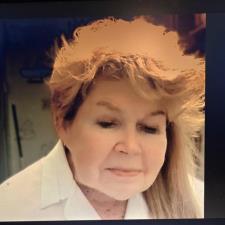
Kaleo D. answered • 01/27/23
Highly qualified credentialed teacher for ALL subjects.
In "A Vindication of the Rights of Woman," Mary Wollstonecraft criticizes the literary depiction of women in the late 1700s as passive, weak, and dependent on men. She argues that this portrayal perpetuates the societal belief that women are inferior to men and reinforces their limited roles in society. Wollstonecraft believes that women are capable of reason and virtue and should be educated to become independent and self-sufficient individuals.
Wollstonecraft's observations do ring true in our modern world. For example, women are still underrepresented in politics and are often depicted as secondary characters in movies and literature. In many cases, they are objectified and their worth is often measured by their physical appearance rather than their abilities or intelligence.
For example, in the book Wollstonecraft writes "I do not wish them [women] to have power over men; but over themselves" (pg.73) This idea that women should have power over themselves is still relevant today as we see the struggles for gender equality and the fight for women's rights.
In my own life, I have seen this in the way women are often expected to prioritize their appearance and conform to traditional gender roles rather than being encouraged to pursue their passions and ambitions. For example, I have seen this in the way women are expected to be more nurturing and emotional, and how often they are not taken seriously in the workplace.




